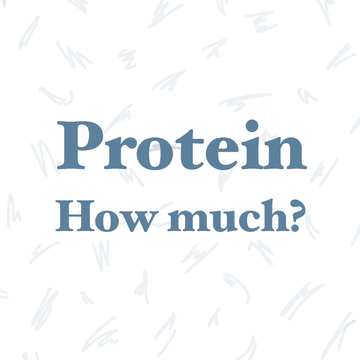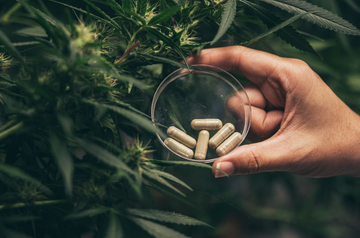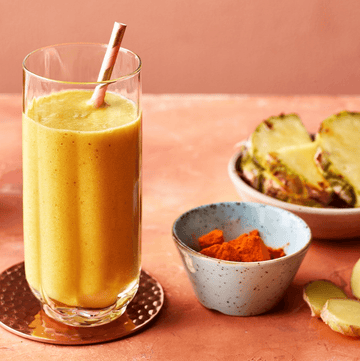Protein is the fundamental building material our body uses to first breakdown into amino acids, so that any one of the 50,000 different proteins can be manufactured that we need. They come in the form of structural proteins in our cellular health, protective proteins such as antibodies, and hormones and enzymes such as insulin and glucagon.
Essential amino acids (EAA) cannot be made by the body. As a result, they must come from food. This is where it becomes very important to choose wisely the protein options you consume. It is the EAA that will determine how much of the body’s own protein can be built out of the food consumed.

How much should we consume in a day?
Most people refer to the RDA – or The Recommended Dietary Allowance for protein which is a roughly 0.8 grams of protein per kilogram of body weight. (So if you weigh 100 lb – 45.45 kg = 36 g of protein a day) The RDA is the amount of a nutrient you need to meet your basic nutritional requirements. Essentially, it’s the minimum amount you need to keep from getting sick — not the specific amount you are supposed to eat every day.
YOUR amount will depend on many factors.
Your health goals, your current metabolic state, your exercise type, frequency, intensity, and duration, your current health status, and more.
ALSO, it is highly unlikely for you to become protein deficient! In our day and age it is more likely that you will be consuming far too much protein.
People who are trained will know how to accurately calculate your needs such as RHNs, Dieticians, and some Personal Trainers depending on their additional specific training. Getting the right amount of protein for your specific needs and goals is important.
Check out AURAs protein options below:
Cara Janzen, H. BSc. RHN is an AURA Community member with a belief to help make you rich – nutritionally! As a Registered Holistic Nutritionist, she is equipped with a B.Sc. and have a background in Biological Sciences and Psychology.






